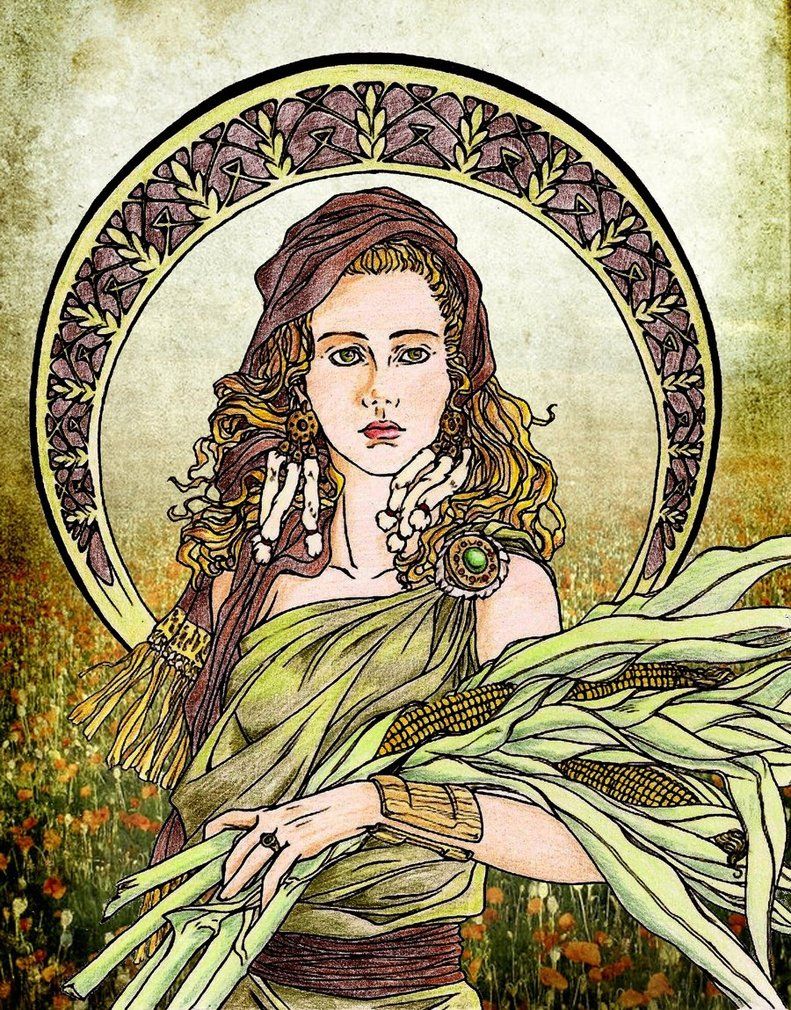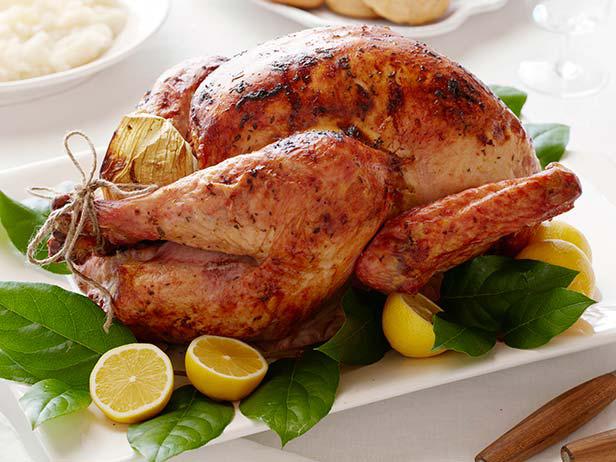In Canada, traditional observance of Thanksgiving Day has only been in existence since 1879.
In America the tradition of giving thanks dates back to 1621 when the Pilgrim’s Fall Harvest that year was so plentiful, but not until 1817 did the state of New York officially adopt Thanksgiving Day as an annual custom, and in 1863 Abraham Lincoln officially appointed a national day of thanksgiving.
It would seem, however, that throughout history mankind has celebrated a bountiful harvest with some form of thanksgiving ceremony, many of which are varied and unusual. Even before the establishment of formal religions, ancient farmers believed that crops contained a spirit which enabled them to plant, grow, die, and then grow again, thereby creating the circle of life.
Harvest Festivals and celebrations of thanksgiving have been held as far back as the days of the Ancient Greeks, Romans, Hebrews, Chinese, and Egyptians.
In Greek lore, for instance, the goddess of all grains was Demeter, honored at the festival of Thesmosphoria held each fall. Offerings were made to Demeter in the hope that her gratitude would mean that she would always grant them a good harvest.
The Romans celebrated a harvest festival known as Cecelia honoring Ceres, the goddess of corn, from which our word ‘cereal’ comes. This festival was held in October and again offerings were made to the goddess at a thanksgiving feast.

Ancient Chinese custom states that a harvest festival known as Chung Chui was celebrated with the full moon which fell on the 15th day of the 8th month. This particular day was considered to be the birthday of the Moon and special round, yellow “moon cakes” were baked. Interestingly, the face of a rabbit was imprinted on the moon cakes because the Chinese saw a rabbit’s face, not that of a man on the Moon. While the 3-day festival took place, it was believed that flowers would fall from the moon and those who witnessed this phenomena would be rewarded with good fortune. Moon cakes are also eaten to celebrate victory over enemy armies.
Jewish families celebrated a harvest festival known as Sukkoth which has taken place each fall for over 3,000 years. Sukkoth begins on the 15th day of the Hebrew month of Tishri, which falls five days after Yom Kippur, the most solemn day in the Jewish calendar. Sukkoth, which lasts for 8 days, is named for the huts known as succots that Moses and the Israelites lived in while wandering the desert for 40 years before reaching the Promised Land. Fruits and vegetables were hung inside the huts, and Jewish families would eat their meals consisting of these apples, grapes, corn, and pomegranates in the huts under the evening sky.
Meanwhile, the ancient Egyptians celebrated a harvest festival in honor of their god of vegetation and fertility known as Min. This festival, however, was held in springtime which is Egypt’s harvest season. The Pharaoh usually took part in a parade which was a part of Min and following the parade a great feast was held and music, dancing and sports occurred. The Egyptian farmers would often weep and pretend to be grief-stricken while harvesting their corn in an attempt to deceive the spirits which were believed to live within the corn who they assumed would be angry with them for cutting down the corn.
So it would appear that although we in Canada associate Thanksgiving with a bountiful harvest in October, and the United States celebrate Thanksgiving on the fourth Thursday of each November (an event dating back to the Pilgrim’s arrival in the New World), there is still a whole lot more involved all around the World in the observance of this special holiday for giving thanks.
This weekend in Canada it is indeed a time to give thanks for all our blessings—food, housing, good health and the love of family and friends. And remember to be grateful you are not a turkey!




